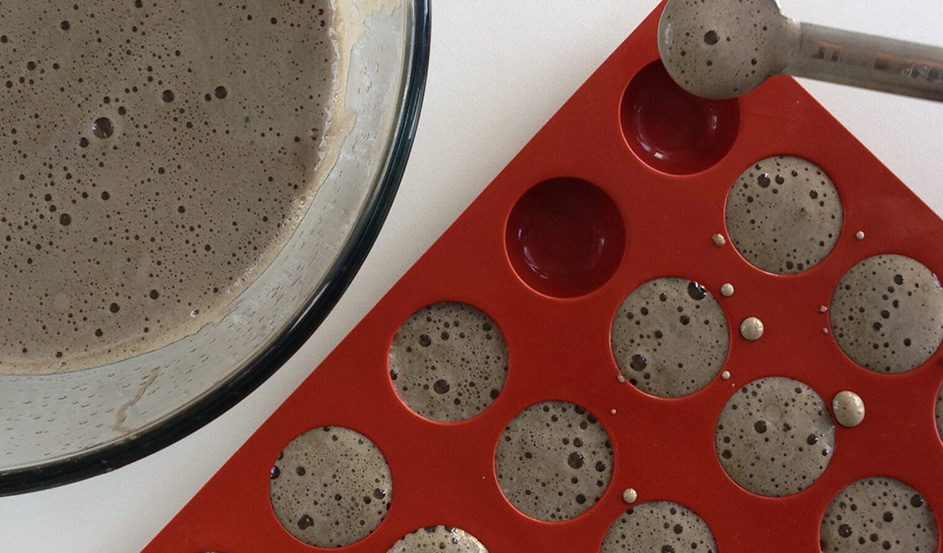
DEFINING MOLECULAR GASTRONOMY
Since the term ‘molecular gastronomy’ became popularised by the media – mainly in relation to the activities and culinary innovations of a small number of chefs around the world – its true meaning and core principles seem to have been lost.
Molecular gastronomy is most commonly used to describe a form of culinary style adopted by chefs including Ferran Adria (Elbulli Foundation), Heston Blumenthal (The Fat Duck) and Grant Achatz (Alinea) and Thomas Keller (of the French Laundry and Per Se) to name a few. However these chefs themselves have sought to distance themselves from this term.
Other terms used for this new style of cooking include ‘scientific cooking’ and ‘molecular cooking’ in a KT interview with Herve This (a founder of the discipline of molecular gastronomy) several years ago we asked him about the confusion between the terms ‘molecular gastronomy’ and ‘molecular cooking’. His response was: “there is a lot of confusion between Molecular Gastronomy, Molecular Cooking or cookery, and such chimeras as ‘culinary science’ or ‘scientific cooking’. Generally, the confusion is based on the fact that people don’t know what gastronomy is, what science is, and even in scientific circles, there is a confusion between science and technology, or engineering“.
So in brief; molecular gastronomy is a scientific discipline which explores the underlying science behind cooking, yet unlike traditional food science, this area of study takes more of the experiential and sensory elements of food into consideration (i.e. does it taste good? does it look/smell good? etc). To be clear; there is no such thing as a molecular chef/restaurant. Chefs are not scientists (however much the media try to convince you). How to boil an egg properly is equally as interesting as a molecular gastronomy hallmark technique like ‘spherification‘. Finally; not wanting to disappoint anyone but molecular gastronomy will never be out of date, as it is a concept which exists in every aspect of cooking, lets just say every time you bake a cake, boil an egg, make a stock or ferment something or other.. there is a chance that if you applied a little science (lets say being more mindful of temperature, mass, pH, viscosity etc) then you would achieve a better result.
The below are some useful resources which provide an in-depth look into the origins, meaning and future of molecular gastronomy (and even questioning whether it is a valid term). They also contain information regarding topics such as Multisensory Taste Perception and other areas of gastronomy.
Molecular Gatronomy – A New Emerging Scientific Discipline by Peter Burham et al., 2009
Deconstructing Molecular Gastronomy by Grace S. Yek and Kurt Struwe, 2008
Herve This PDF article by Herve This, Natural Materials, 2005
Investigations of meat stock by Pia Snitkjaer, 2009
Assessing the long-term impact of molecular gastronomy movement on haute-cuisine by Charles Spence and Jozef Youssef 2018

